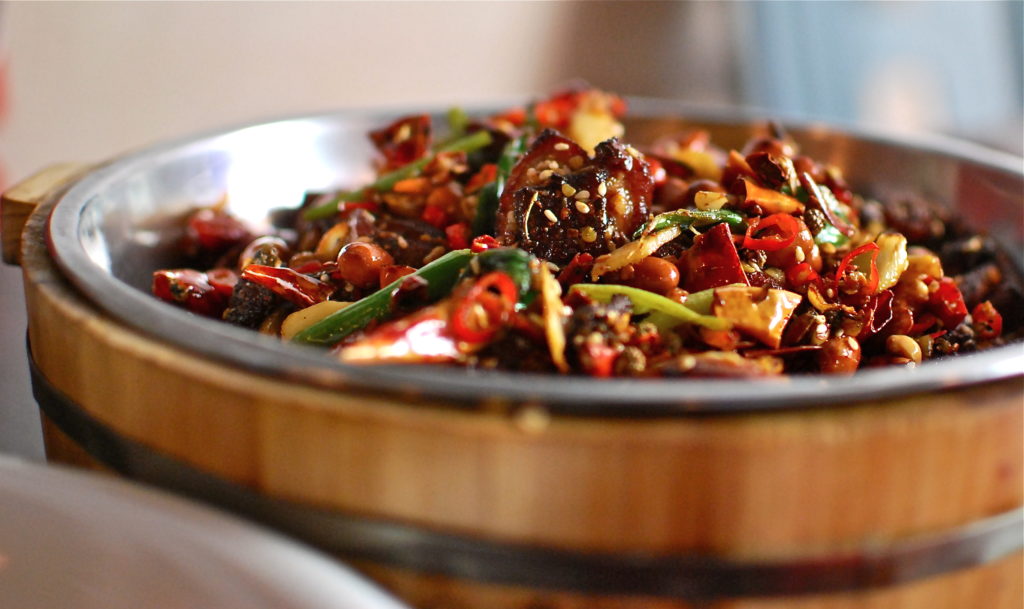Sichuanese,so Chinese!四川话
Let’s go to Sichuan this week and discover Sichuanese. Ain’t that so Chinese? 😉
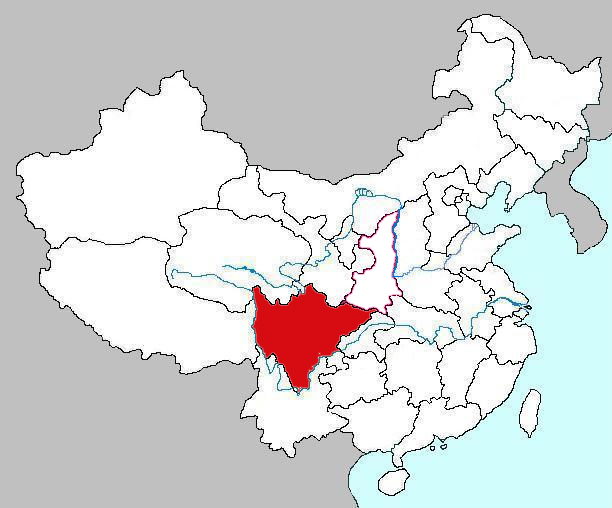
A little bit of history
Before we go any further, let me say a few words about the rich culture that has its roots in Sichuan. Located near Tibet and in the centre of China, Sichuan is quite big a region and its climate is rather damp. 四川 Sichuan is often thought of as to mean the “Four Rivers”, which are Jialing, Jinsha, Min and Tao. However, some claim otherwise.
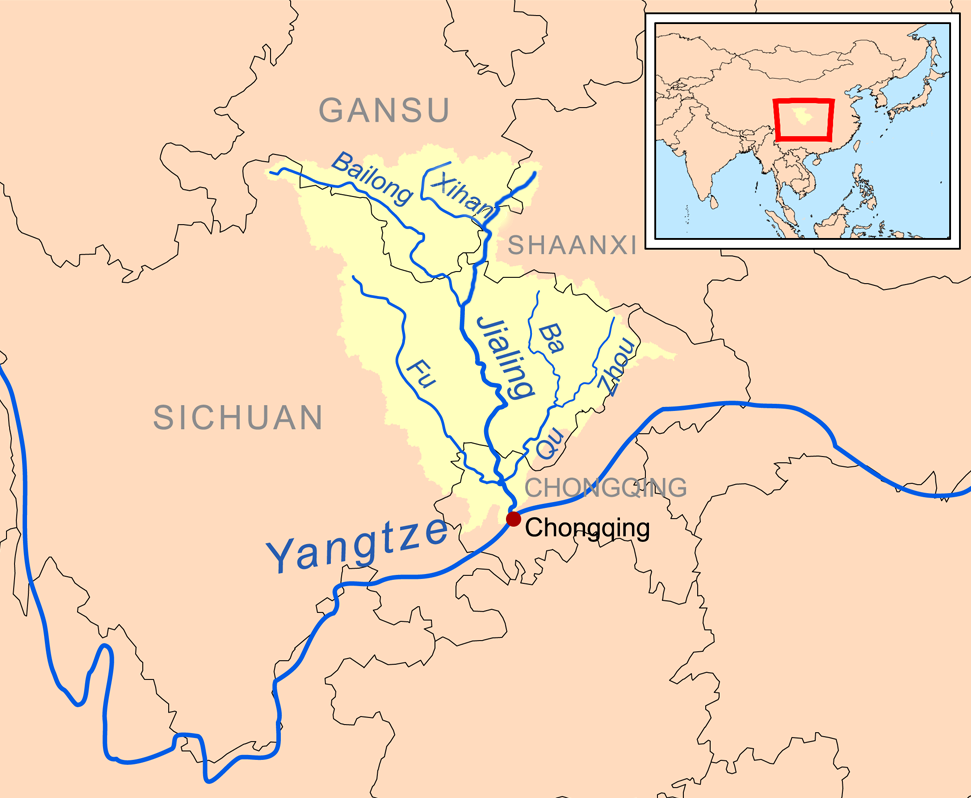
Indeed, some pretend that 四川 Sichuan would be an contraction of Sichuanlu 四川路, meaning the “Four Plain Circuit” and Chuānxiá Sìlù 川峡四路, “Four Circuits of Chuanxia”. 川 would mean “plain” here and not river and would refer to the division of existing administrative circuit area during the Northern Song dynasty…
Not being an historian, I have no idea which is the true meaning behind the word Sichuan, but at least you got the two main reasons often cited to explain such a name. As they say, when in doubt, take it all. Wait… They don’t say that, do they? 😉
In addition, Sichuan used to incorporate the region of Chongqing 重庆, but that is not the case anymore since 1997. As a matter of fact, historically speaking, it might be a bit more complicated than that, but we won’t go into details here. Should you be interested in know more about it, I urge you to do some research on Sichuan history because that’s quite fascinating.
To sum us, before it was known as the Sichuan 四川 we know, the people living there belonged to the Ba (巴) and Shu (蜀) kingdoms. As a result, the inhabitants of Sichuan were refered to as people from Ba-Shu. Both characters are used to describe Sichuan people, up to this day. Besides, rumor has it that the Shu family would come from the Yellow Emperor. That’s allegedly what is written in the Record of the Great historian, by Sima Qian 司马迁.
I like their emblem so I thought it’d be a good idea to share it with you. It is called the emblem of the Sun and the Immortal Bird.
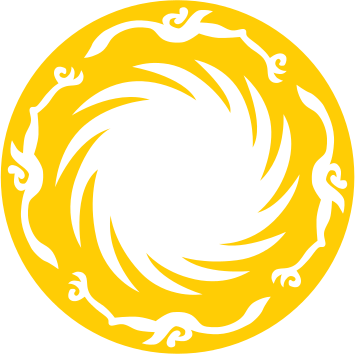
Sichuan is also famous for its Pandas!!! Yeah!!! That’s THE place on earth where they are raised! Moreover, the weather of Sichuan being quite damp, this may explain the need for the people living there to eat quite spicy… I uploaded below a typical Sichuan dish full of Sichuan spices. You may wanna try some if you ever visit the region.
Before we embark upon this linguistic journey into the banks of the Yangtze River – 长江 – and the land of the Pandas, let me introduce you to the Sichuanese way of speaking and the Sichuanese accent. Looks like our famous Panda star Po is in a good mood, isn’t he?
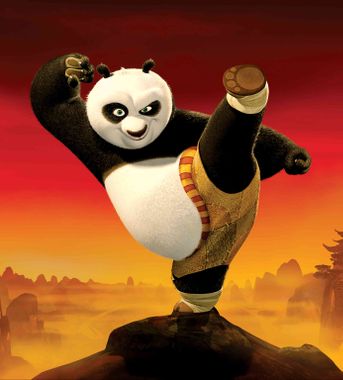
Sichuanese VS Mandarin
Compared with Mandarin Chinese, the placement of the tongue varies a great deal when speaking Sichuanese:
- “sh” become “s”, so 10 (shi) is pronounced like 4 (si)
- “ch” become “c”, che become cei. (see below)
- “zh” become “z”, zhao become zao.
- “h” is often pronounced “f”, like “hu” which is pronounced “fu“
- “e” in “ge”, “re”, “de” and “ke” become “ei”: 晓得 xiao dei, 没得 mei dei
- “ge”, “re”, “le” and “ke” sound like “go”, “ro”, “lo” and “ko”
- Words starting with a “n” often sound like a “ng” – a bit like Cantonese, I guess.
So, let’s be honest, it all sounds like a good old lisp. But it’s a typical one, probably inherited from the language of the 巴蜀 way of speaking! So, don’t make fun of it or Po will kick your arse!
Try to use those elements when speaking Sichuanese. For instance, for a simple like 你想吃什么, instead of saying ni xiang chi shen me, say ni xiang ci sa zi. (see why I use sa zi instead below).
It’s a bit difficult at first but I am sure that, overtime, you’ll get the hang of it. Basically, it’s just a matter of practice.
Useful words and sentences
| Sichuanese | Pinyin for Sichuanese | Mandarin equivalent with pinyin | English translation |
| 我说得来四川话 | wo suodeilai sìcuan hua | 我会说四川话 wǒ huì shuō sìchuān huà | I can speak Sichuanese |
| 撒子/啥子 | sa zi? | 什么 shénme | What? |
| 不存在 | bu cunzai | 不客气 bù kèqì | you’re welcome (after being thanked) |
| 乖 | ɡuai | 可爱 kě’ài | cute |
| 切 | qie | 去 qù | go |
| 晓得 | xiao dei | 知道 zhīdào | I know |
| 吃撒子 | ci sa zì | 吃什么 chī shénme | What are you eating? |
| 没得 | mei dei | 没有 méiyǒu | Don’t have |
| 没得事 | mei dei si | 没关系 méiguānxi | It doesn’t matter, no big deal |
| 哪个 | na go | 那个 nǎge | Which one/What? |
| 哪儿切 / 切哪儿嘛 | nar qie | 去哪儿? qù nǎ’er ? | Where to? (Taxis drivers will often ask this) |
| 来了哇 | lai le wa | 来了啊 láile a | Oh, you’re here (used as a greeting). |
| 瓜娃子 | gua wa zi | 笨蛋 bèndàn | Idiot |
| 耍 | sua | 玩儿 wánr | to have fun or to play |
| 甩了 | suaile | 干杯 gānbēi | Cheers, Bottoms up! |
| 中国 | zonggui | 中国 zhōngguó | China |
| 车 | cei | 车 chē | car |
| 巴适 | basi | 舒服 shūfu or 爽 shuǎng | Feels good!Great! comfortable, good or refreshing |
| 要得 | yaodei | 对 duì or 好 hǎo | good, right or okay |
| 要不得 | yaobudei | 不好 bù hǎo | not ok |
| 对的 | dui de | 好的 hǎo de | Right/aha/ok (used as a filler, but context and tone can change it’s meaning) |
| 嘎 / 要得不 / 不 | ɡa, yaodeibu, bu | 对不对 duì bùduì | right ? |
| 小妹儿 | xiaomer | 服务员 fúwùyuán | young waitress |
| 可以 | koyi | 可以 kěyǐ | can, able to, okay |
| 好钱 | haoqian | 多少钱 duōshǎoqián | How much is it? |
| 你是哪个国家的 | ngì si ngago guìjia dei | 你是什么国家的 nǐ shì shénme guójiā de | What is your home country? |
| 你说啥子 | ngi suo sazi | 你说什么 nǐ shuō shénme | What did you say? |
| 你在哪儿 | ngi zai ngar | 你在哪儿 nǐzàinǎr | Where are you? |
| 耙耳朵 | pa erduo | 妻管严 qī guǎn yán | Henpecked husbands, men who are afraid of their wifes (humorous expression) |
| 雄起 | xiongqi | 加油 jiāyóu | Good luck! All the best! |
| 在爪子 | zai zuazi | 在干什么?zài gànshénme? | What are u doing ? |
| 锤子 /毛线 | cuizi / maoxian | 放屁 fàngpì | nothing, nonsense, horseshit, fuck all |
| 咋个的了 | za go de liao | 怎么办 zěnme bàn | what to do |
| 龟儿子 | gui erzi | 王八蛋 wángbā dàn | son of a bitch |
| 歪 | wai | 假 jiǎ | fake |
| 娘娘 | niangniang | 阿姨 āyí | aunt, nanny, miss, Madam |
Finally, to make you hear the difference between Mandarin/Putonghua 普通话 and Sichuanese 四川话, allow me to upload a bit of rap music. I like the instruments and in it. You may see some folks from the Sichuan Opera, which I haven’t mentioned yet but it’s quite famous as well, culturally speaking.
The song is about how happy they are about their new clothes… Well, why not? After all, it feels good to look good… At first, you might hear mandarin Chinese sang by the Chinese famous artist VAVA but later, when Ty, a Sichuan rap artist, starts rapping, you’ll notice a sort of lisp in his speech. That’s no lisp but that’s Sichuanese! 巴适!
Try to get familiar with it if you can because it can be rather useful when conversing with Chinese people. It will enable you to understand new accents. Besides, words like 晓得 are excellent and can also be added to your mandarin vocabulary.
Posted on February 23, 2021 by Mat.
